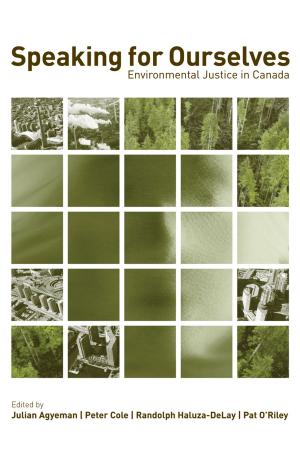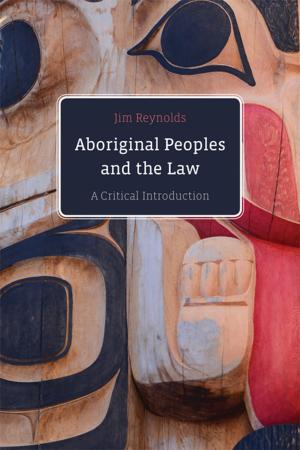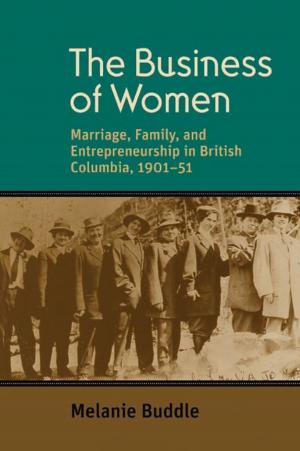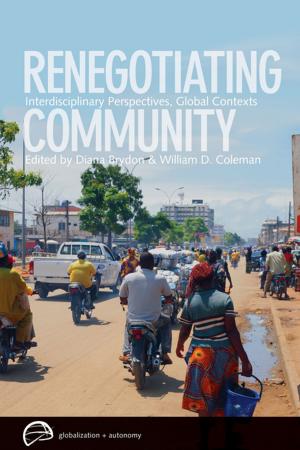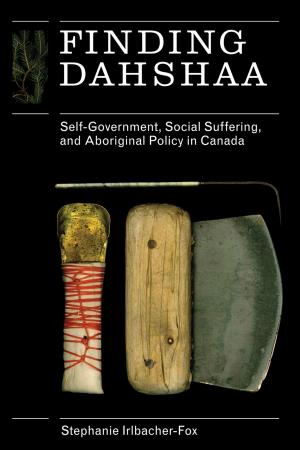French Canadians, Furs, and Indigenous Women in the Making of the Pacific Northwest
Nonfiction, History, Canada, Americas, Native American, Social & Cultural Studies, Social Science, Gender Studies, Women&| Author: | Jean Barman | ISBN: | 9780774828079 |
| Publisher: | UBC Press | Publication: | February 25, 2015 |
| Imprint: | UBC Press | Language: | English |
| Author: | Jean Barman |
| ISBN: | 9780774828079 |
| Publisher: | UBC Press |
| Publication: | February 25, 2015 |
| Imprint: | UBC Press |
| Language: | English |
Jean Barman was the recipient of the 2014 George Woodcock Lifetime Achievement Award.
In French Canadians, Furs, and Indigenous Women in the Making of the Pacific Northwest, Jean Barman rewrites the history of the Pacific Northwest from the perspective of French Canadians attracted by the fur economy, the indigenous women whose presence in their lives encouraged them to stay, and their descendants. Joined in this distant setting by Quebec paternal origins, the French language, and Catholicism, French Canadians comprised Canadiens from Quebec, Iroquois from the Montreal area, and métis combining Canadien and indigenous descent. For half a century, French Canadians were the largest group of newcomers to this region extending from Oregon and Washington east into Montana and north through British Columbia. Here, they facilitated the early overland crossings, drove the fur economy, initiated non-wholly-indigenous agricultural settlement, eased relations with indigenous peoples, and ensured that, when the region was divided in 1846, the northern half would go to Britain, giving today’s Canada its Pacific shoreline.
Jean Barman was the recipient of the 2014 George Woodcock Lifetime Achievement Award.
In French Canadians, Furs, and Indigenous Women in the Making of the Pacific Northwest, Jean Barman rewrites the history of the Pacific Northwest from the perspective of French Canadians attracted by the fur economy, the indigenous women whose presence in their lives encouraged them to stay, and their descendants. Joined in this distant setting by Quebec paternal origins, the French language, and Catholicism, French Canadians comprised Canadiens from Quebec, Iroquois from the Montreal area, and métis combining Canadien and indigenous descent. For half a century, French Canadians were the largest group of newcomers to this region extending from Oregon and Washington east into Montana and north through British Columbia. Here, they facilitated the early overland crossings, drove the fur economy, initiated non-wholly-indigenous agricultural settlement, eased relations with indigenous peoples, and ensured that, when the region was divided in 1846, the northern half would go to Britain, giving today’s Canada its Pacific shoreline.


